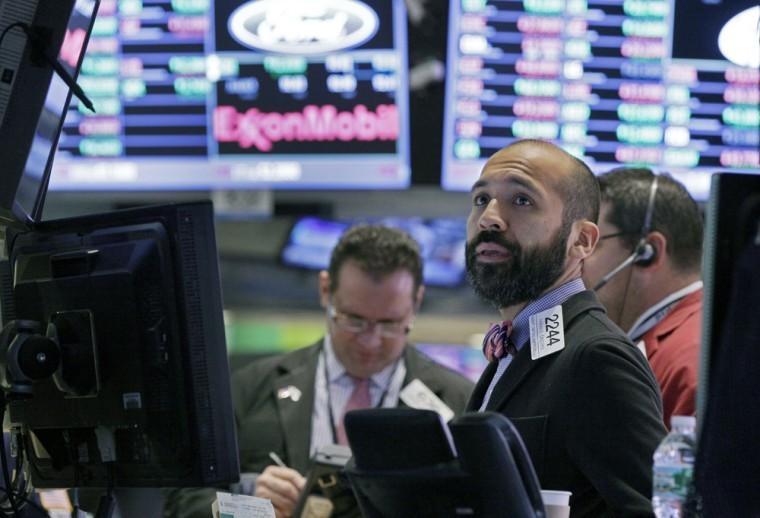When it comes to zombies, do what Woody Harrelson would do. When it comes to money, do what a billionaire would do.
According to Robert Wiedemer, a glorified economist and author of The New York Times best-selling book Aftershock, you’ll need to befriend a billionaire soon.
Since the financial crash in 2008, real estate prices have finally leveled off and unemployment rates have stabilized, all because the stock market is reaching four-year highs.
And those four-year highs are quickly becoming all-time highs; however, it’s too good to last.
It may be the darkest before the dawn, but it’s the brightest before it even starts getting dark.
According to Wiedemer, the stock market is bound to see a massive market correction by as much as 90 percent — and that’s the worst-case scenario.
“Our real concern is the effect even if only half of Wiedemer’s predictions come true,” said Aaron DeHoog, financial publisher for Newsmax.
Wiedemer is like the Mayan of Wall Street, and because of his accurate predictions, renowned billionaires are dumping their American stocks.
Warren Buffett, the oracle of Omaha and one of the many billionaires listening to Wiedemer, has been a cheerleader of the stocks because it’s what made him his fortune. But this past week it was reported that he’s dumping stocks left and right — which is making the predicted market correction even worse.
A stock market correction is when the market declines 10 percent or less in a relatively short period of time. Wiedemer is predicting a 90 percent correction as the worst-case scenario, yet a large drop is an undeniable certainty.
And Wiedemer is not pulling a hoax, unfortunately.
In his book, he accurately predicted the collapse of the housing market, equity markets, and consumer spending that almost drowned the United States.
After his string of accurate predictions, it’s safe to say he’s legit.
However, despite his psychic abilities, what is even more astonishing is the fact we have put ourselves in this situation.
The Federal Reserve recklessly printed a large amount of money in an attempt to stimulate the economy. When more money is printed, the value of each dollar bill decreases. Thus, the inevitable secondary effect is a rise of inflation rates.
Because these funds have not yet reached the economy, we have not suffered from the effects of printing money. When the funds do reach the economy, however, inflation will surge, and that is as certain as two plus two equals four.
So the best way to handle this situation is to follow the billionaires — sell a few stocks. Because once those fresh-pressed bills reach your pocket, your stock may have already lost 50 percent of its value.
With all that said, there is some good news: A market correction is not a market crash.
Corrections occur naturally as part of the stock market cycle, and the market will usually bounce back within a few months.
But this should serve as a warning. We need to hold our government more accountable so we can avoid the unnatural market hiccups.
In the short term, we need to stop printing money.





